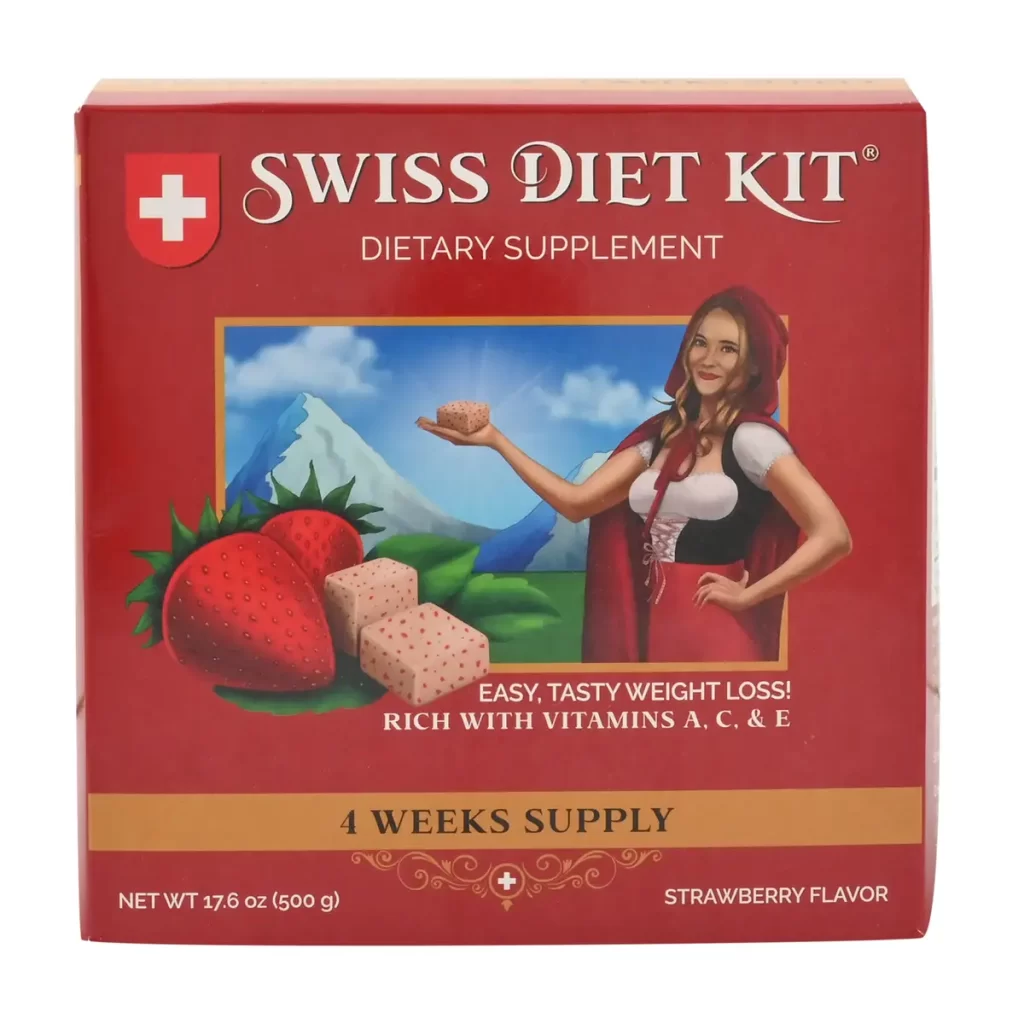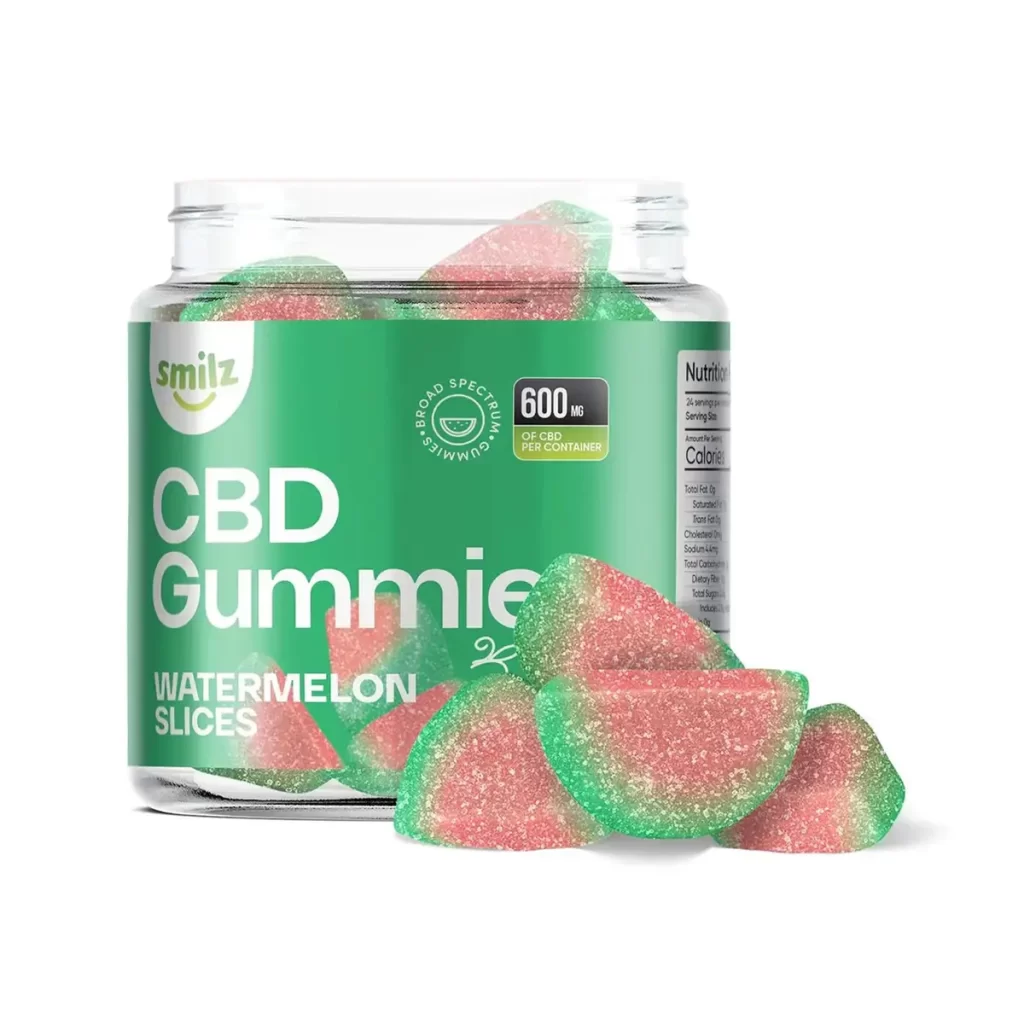
Imagine gulping down essential nutrients in a bite-sized, fruity delight. Sounds dreamy, right? Welcome to the world of gummies—a tasty, convenient, yet lesser known realm of health supplements. But before you start replacing your whole diet with colorful chews, pause and consider the expertise you’ll need. In this article, we’ll dissect the good, the bad, and the gelatin-filled, armed with insights from three seasoned nutritionists. Prepare to explore the role of gummies and health supplements in your diet, scrutinize ingredient labels, and weigh the pros and cons. Let’s chew on some science-backed advice, shall we?
Stay tuned. Your road to making informed dietary choices starts now.
THE RISE OF GUMMIES AND HEALTH SUPPLEMENTS
Gummies have taken over the supplement market like a storm. Once confined to the realm of children’s vitamins, these chewable delights now appeal to adults seeking an easier route to health and wellness. From nutrient-dense multivitamins to CBD-infused relaxants, the spectrum is broad, and the options limitless. But what fuels this skyrocketing popularity? Convenience plays a significant role. Gone are the days of hard-to-swallow pills and capsules; gummies offer a palatable alternative that fits seamlessly into a busy lifestyle.
Yet, as we revel in the convenience of gummies, we must also address the elephant in the room: Are these supplements as effective as their traditional counterparts? The market’s explosion has caught the attention of nutritionists, prompting serious discussion about the efficacy, safety, and ethical considerations tied to these chewable nutrients.
That’s what I’m here to uncover. With contributions from renowned nutritionists, we’ll dig deep into the composition, benefits, and risks of incorporating gummies into your diet. Trust me; you won’t want to miss what comes next.
UNDERSTANDING THE INGREDIENTS IN GUMMIES & SUPPLEMENTS
Know your ingredients, make informed choices, and consult with a nutritionist for a tailored approach to supplementing your diet.
ACTIVE INGREDIENTS
Focus on vitamins, minerals, and %CDV to know what health benefits you’re getting.
SUGAR AND ADDITIVES
Watch out for sugar and artificial ingredients that may offset health benefits. Nutritionists advise caution.
POTENTIAL ALLERGENS
Commonly contains gelatin. For vegan or allergy-friendly options, look for pectin or other plant-based agents.
NATURAL VS. ARTIFICIAL
Opt for gummies with natural colors and flavors, as per nutritionist recommendations.
Ready to dive deeper? Let’s go!
PROS AND CONS OF GUMMY SUPPLEMENTS
PROS
- Taste Appeal: Unlike pills, gummies often taste great, making them a popular choice for both kids and adults.
- Easy to Consume: No water, no swallowing difficulties—gummies offer a hassle-free way to get your supplements.
- Accessibility: Widely available in various formulations, catering to different dietary needs and preferences.
CONS
- Sugar Content: Many gummies contain added sugars, which could be a drawback for those watching their sugar intake. Although, sugar-free alternatives are also easily available.
- Cost Factor: Gummies often cost more per serving compared to traditional supplement forms.
- Regulation Questions: Supplements, including gummies, face less stringent regulation, leading to concerns about quality and efficacy.
Now let’s move on to the much-awaited section where expert nutritionists weigh in.
EXPERT OPINIONS FROM RENOWNED NUTRITIONISTS
EVA DE ANGELIS – DIETITIAN NUTRITIONIST
USEFULNESS OF SUPPLEMENTS
- Who Should Take Them: Generally not needed for those on a balanced diet but useful for older adults and those with specific health conditions like malabsorption issues or bladder control.
- Preventing Deficiencies: Beneficial for older adults who may suffer from decreased food intake and nutrient absorption.
SUPPLEMENTS FOR THE 40+ AGE GROUP
- Vitamin D: Crucial for bone, immune, and mental health. Consider a blood test to check your levels.
- Vitamin B12: Important for nervous system function and red blood cell production. Decreased stomach acid in older adults can lead to deficiencies.
- Omega-3: Vital for brain and heart health. Evaluate your diet to see if supplementation is necessary.
DR. RENE ARMENTA: BOARD-CERTIFIED BARIATRIC SURGEON
Dietary Supplements: Helpful but Not a Substitute
- Who Should Take Them: Useful for specific groups like the elderly and vegetarians. Consult a healthcare professional for safe use.
40+ Age Group: Targeted Nutritional Support
- Key Nutrients: Calcium and Vitamin D for bone health, Omega-3s for heart health, and B vitamins for energy and cognition. Professional consultation is crucial.
Identifying Your Needs: Consult and Test
Dr. Armenta says, “A balanced diet rich in fruits, vegetables, lean proteins, and whole grains often supplies the necessary nutrients your body needs. However, if you’re experiencing specific symptoms like fatigue, bone weakness, or hair loss, it might be a sign of nutritional deficiencies.”
- Guidance: Use symptoms and blood tests to identify deficiencies. Consult healthcare professionals for tailored advice.
MEAGHAN GREENWOOD: REGISTERED DIETICIAN
ROLE OF DIETARY SUPPLEMENTS
Who Benefits: Target specific needs like dietary restrictions or deficiencies. Always consult professionals before starting any regimen.
NUTRITIONAL AID FOR THE 40+ DEMOGRAPHIC
Critical Nutrients: Focuses on bone health with Calcium and Vitamin D, heart health with Omega-3s, and nutrient absorption with multivitamins and B12. Consult a healthcare provider for a tailored plan.
IDENTIFYING YOUR SUPPLEMENT NEEDS
Steps to Follow: Conduct a dietary assessment, go for blood tests, and review your health history. Get personalized recommendations from a healthcare provider.
Clarity and precision can make complex topics like supplements far easier to navigate. Remember, expert consultation ensures that you’re making the best choices for your unique health needs.
Linda Khosaba: Natural Endocrinologist Specialist
In Linda Khosaba’s view, dietary supplements offer targeted, data-driven, and dynamic support within the scope of natural endocrine health.
NUTRIENT GAPS
Supplements can specifically target hormonal imbalances, crucial in natural endocrinology.
BLOOD TESTS AS BASELINE
Customized supplement plans rooted in data align with the individualized approach of natural endocrinology.
REGULAR MONITORING
Constant check-ups allow for dynamic adjustment of supplements, vital in fluctuating hormone levels.
HOLISTIC HEALTH
Supplements work best when integrated into a broader, natural endocrine care plan.
Mary Sabat: MS, RDN, LD Nutritionist
Quality Matters
I can’t stress enough the importance of third-party testing and certifications like USP, NSF, or ConsumerLab. Don’t gamble with your health; always choose a reputable brand.
Joint Health at 40+
In my practice, I find that glucosamine and chondroitin are game-changers for people experiencing joint discomfort or arthritis. This is especially crucial as we age, and it’s an aspect that doesn’t get enough spotlight.
Beware of Excessive Dosages
People assume that more is better. It’s not. Taking more than the recommended dosage can wreak havoc on your system. Always adhere to label instructions and consult your healthcare provider.
One Size Doesn’t Fit All
When it comes to supplements, it’s not a one-size-fits-all scenario. Tailor your regimen based on your unique health needs. A personalized approach yields the best results.
How Pill-Based Supplements are Made
- Raw Materials: It all starts with sourcing high-quality raw materials. In my practice, I always advocate for supplements made from organic, non-GMO ingredients.
- Blending: These raw materials get processed into a fine powder and mixed with fillers and binders. This ensures uniformity in each pill.
- Compression: The powder mixture then heads to a tablet press, where it’s compressed into the final pill shape.
- Coating: For ease of swallowing and longer shelf life, a protective coating often gets added.
- Quality Control: Finally, rigorous testing ensures each pill meets quality and purity standards.
How Gummies are Made
- Ingredient Mixing: The base of a gummy is a blend of sugars, flavors, colors, and the active ingredients (e.g., vitamins or minerals).
- Cooking: This mixture gets cooked until it reaches a syrupy consistency.
- Molding: The syrup is then poured into molds to get that cute bear or fruit shape we all love.
- Setting: Once in the molds, the mixture needs to cool and solidify. This can take several hours.
- Coating: Some gummies receive a sugary or sour coating. While this may be enticing, be cautious; this adds extra sugar to your diet.
- Quality Check: Like pill-based supplements, gummies undergo strict quality control and third-party testing.
Choose Your Supplements Wisely
When it comes to supplementation, whether you’re team pill or team gummy, the goal remains the same: boosting your health. But let’s cut through the fluff—knowing how these supplements are made empowers you to make savvy choices. Don’t just go for the cute bear shape or the convenience of a pill; scrutinize what’s inside. Consult with professionals, read those labels like a hawk, and never forget: supplements complement, not replace, a balanced diet. So get educated, get advised, and get the supplement that truly suits your life. Your future self will thank you.
Want the inside scoop on health and beauty? Subscribe now and elevate your wellness journey.
